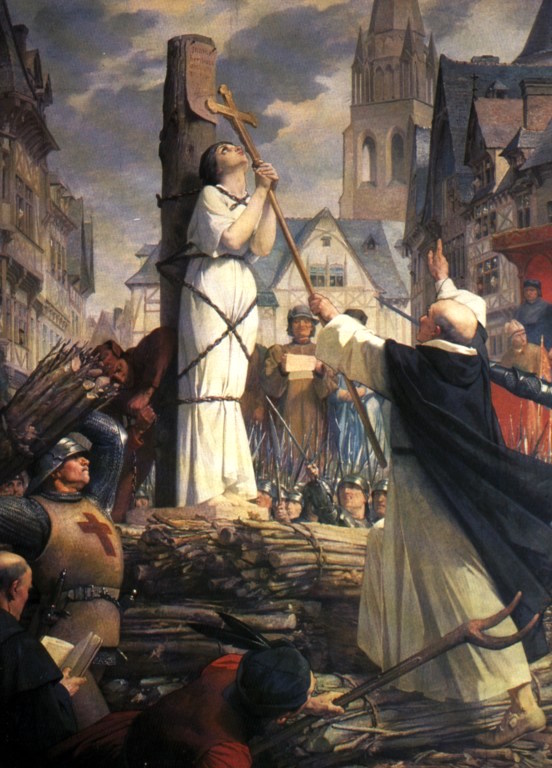Epidemiologist Richard Wilkinson explains why it's equality, and not high income, that makes a society thrive.
Richard Wilkinson: Oh, all of them. In fact, the relationship is weaker for health than for many other problems—we looked at life expectancy, mental illness, teen birthrates, violence, the percent of populations in prison, and drug use. They were all not just a little bit worse, but much worse, in more unequal countries. If I'd known how strong those connections would be, I would have looked for them a decade earlier. In fact, I'm still surprised that no one did look at them earlier.
This theory also explains why Indian communities are often unhappy now:
If you grow up in an unequal society, your actual experience of human relationships is different. Your idea of human nature changes: you think of human beings as self-interested.
RW: We quote a prison psychiatrist who spent 25 years talking to really violent men, and he says he has yet to see an act of violence which was not caused by people feeling disrespected, humiliated, or like they've lost face. Those are the triggers to violence, and they're more intense in more unequal societies, where status competition is intensified and we're more sensitive about social judgments.
RW: Yes. This is about the psychosocial effects of inequality—the impact of living with anxiety about our feelings of superiority or inferiority. It's not the inferior housing that gives you heart disease, it's the stress, the hopelessness, the anxiety, the depression you feel around that. The psychosocial effects of inequality affect the quality of human relationships. Because we are social beings, it's the social environment and social relationships that are the most important stressors. For individuals, of course, if you're going to lose your home, or if you're terribly in debt, those can be more powerful stressors. But amongst the population as a whole, it looks as if these social factors are the biggest stressors because so many people are exposed to them.
In a status-oriented culture, no other outcome was possible. It was a self-serving crock to tell Indians: "Change everything about you: your culture, religion, and language. Give up your vast territories and start over with tiny plots of land. You've gone from lords of creation to little better than indentured servants, but don't let that bother you.
"Now you're 'equal' to us, who have mastered these political, economic, and social systems for centuries. You're literally 400 years behind us, with little hope of catching up, so you'd better get going. Good luck pursuing the American dream from beneath our boot heels."
Note to America's apologists
I can already hear the whiners saying Indians weren't perfect. Yes, some waged wars, owned slaves, or practiced human sacrifice. And some didn't.
I'm comparing Indian societies in general to their European counterparts in general. I don't want to hear about Indian societies with problems vs. European societies without them. In case you haven't heard, the exceptions prove the rule. I'm talking about the typical societies in each location, not the atypical ones.
For more on the subject, see The Myth of Western Superiority and Native vs. Non-Native Americans: A Summary.
Below: One of many reasons why Indian societies were happier: no pogroms because of religious intolerance.


No comments:
Post a Comment